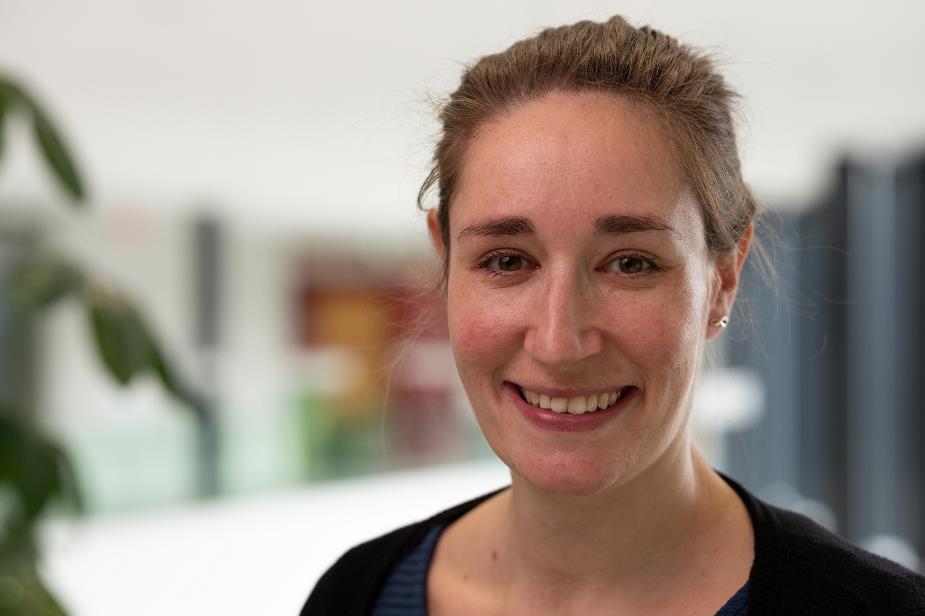Blogs of a researcher: reading, reading and more reading
26 May 2020
In my first blog I described how I am researching the problem of the neighbourhood sports coach. I wanted to know more about the evaluation and accountability of the social impact of interventions.

In my first blog I described how I am researching the problem of the neighbourhood sports coach. I wanted to know more about the evaluation and accountability of the social impact of interventions. I worked on this in recent weeks mostly by reading a lot. In this second blog I want to tell you about my experiences in recent weeks and share with you what I have been reading, why I have been reading so much and how I found the articles.
The first reason to read a lot of publications about the subject of your research is to learn what is already known about your subject. That is very important information: you can only solve the problem when you know what information is still missing! From the literature I read, I learned that a lot of research has already been done on the evaluation of the social impact of interventions. You may think: great! Now we can solve the problem of the neighbourhood sports coach and save ourselves a lot of research. But alas, it’s not simple.
The literature I have read so far includes some publications by Carol Weiss. She is an expert in evaluating programmes in society. Weiss is an American professor whose publications are mainly of a theoretical nature. In addition, her research has been conducted in a very different setting from the one in which the neighbourhood sports coach usually operates. Now I know what we don’t know yet to solve the problem of the neighbourhood sports coach: how neighbourhood sports coaches can apply Carol Weiss’ evaluation method in their daily practice.
A second reason to read publications about your research subject is because it helps you to create a framework on which you can base your research. In her publications, Weiss explains the Theory of Change: a society needs a road map to define its objectives and how these objectives can be achieved. The road map makes it clear who in society is engaged in these processes and what their influence is. It also ensures that those who wish to create change in society can stay on their chosen course. Based on the road map, we can evaluate the desired change by analysing the separate components of the road map (Msila & Setlhako, 2013). The Theory of Change will serve as the theoretical framework for my research. It will help me to conduct a structured evaluation of the intervention of the neighbourhood sports coach. Building on and applying earlier research will lead to more valid research than if I start from scratch in deciding what aspects of the intervention I will evaluate.
Most of you will be familiar with Google Scolar as a tool for finding scientific articles. In addition to that I also like to use Web of Science. I like working with Web of Science because you can do a search within a search and filter by category. For example, if my search term is ‘social impact interventions’, I can then filter only for publications in the category of ‘Sport sciences’. Within these results I can then search for ‘change’.
Reading, reading and more reading is the motto when you are working on your research proposal. But make sure you are selective in your reading! I often hear students say: ‘But there is so much, do I really have to read everything?’ Often that’s not the case; based on the summary you can determine if an article is worth reading in its entirety. I often use the search function (Ctrl + F) to determine if an article contains what I am looking for. And that’s a lot faster than going over everything word by word.
Do you have any questions or comments about my blog? Please send an email to [email protected] so I can include your input in my next blogs.